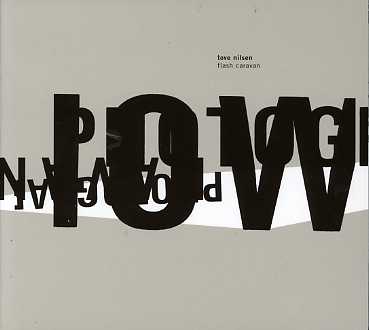
Standefer, Katherine E.
product information
description
2
This "utterly spectacular" book weighs the impact modern medical technology has had on the author's life against the social and environmental costs inevitably incurred by the mining that makes such innovation possible (Rachel Louise Snyder, author of No Visible Bruises).
What if a lifesaving medical device causes loss of life along its supply chain? That's the question Katherine E. Standefer finds herself asking one night after being suddenly shocked by her implanted cardiac defibrillator. In this gripping, intimate memoir about health, illness, and the invisible reverberating effects of our medical system, Standefer recounts the astonishing true story of the rare diagnosis that upended her rugged life in the mountains of Wyoming and sent her tumbling into a fraught maze of cardiology units, dramatic surgeries, and slow, painful recoveries. As her life increasingly comes to revolve around the internal defibrillator freshly wired into her heart, she becomes consumed with questions about the supply chain that allows such an ostensibly miraculous device to exist. So she sets out to trace its materials back to their roots. From the sterile labs of a medical device manufacturer in southern California to the tantalum and tin mines seized by armed groups in the Democratic Republic of the Congo to a nickel and cobalt mine carved out of endemic Madagascar jungle, Lightning Flowers takes us on a global reckoning with the social and environmental costs of a technology that promises to be lifesaving but is, in fact, much more complicated. Deeply personal and sharply reported, Lightning Flowers takes a hard look at technological mythos, healthcare, and our cultural relationship to medical technology, raising important questions about our obligations to one another, and the cost of saving one life.member goods
No member items were found under this heading.
listens & views

JESU NUN SEI GEPREISE 31-40 ...
by BACH,J.S. / BACH COLLEGIUM JAPAN / SUZUKI
COMPACT DISCout of stock
$54.49
Return Policy
All sales are final
Shipping
No special shipping considerations available.
Shipping fees determined at checkout.






